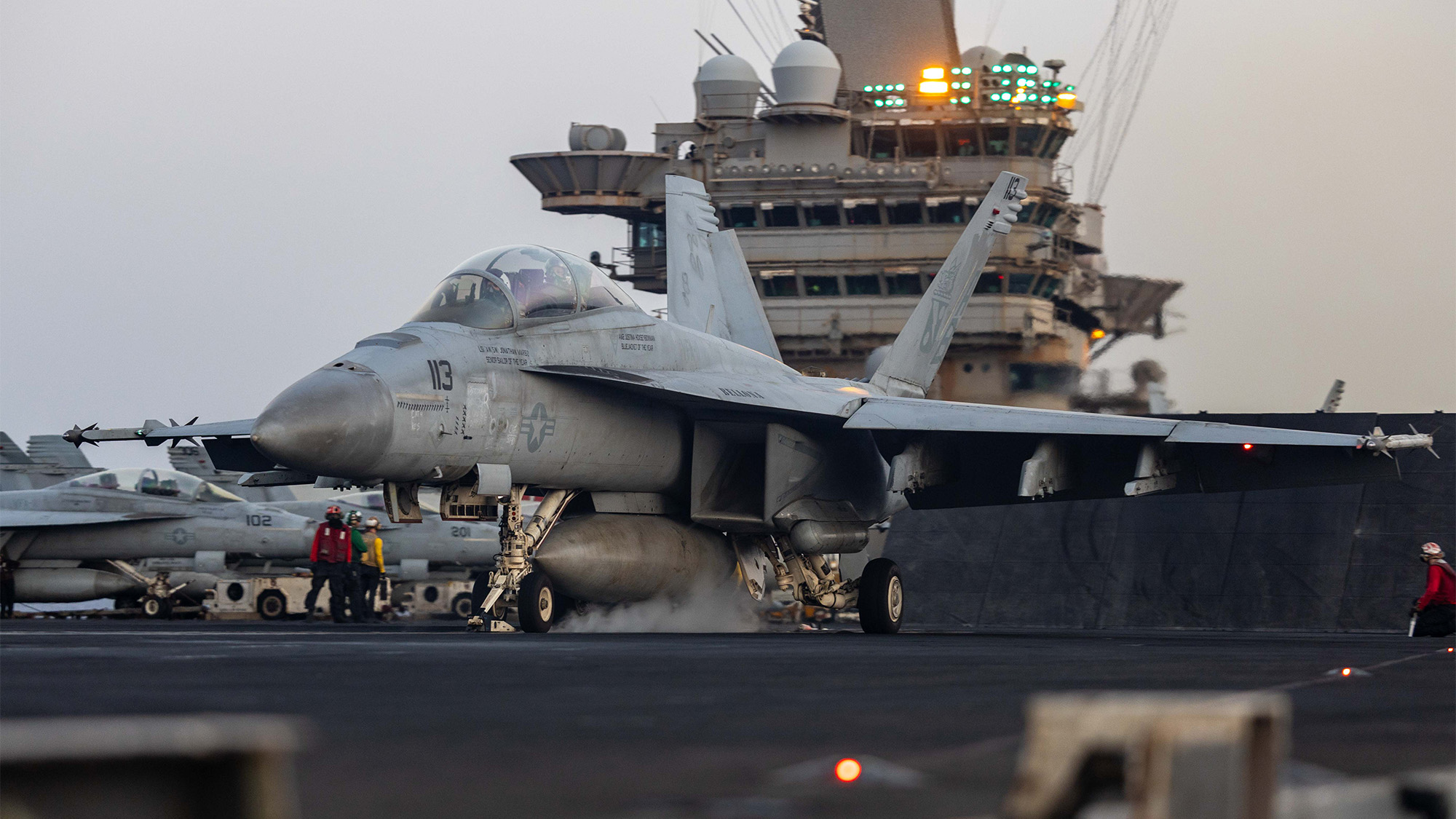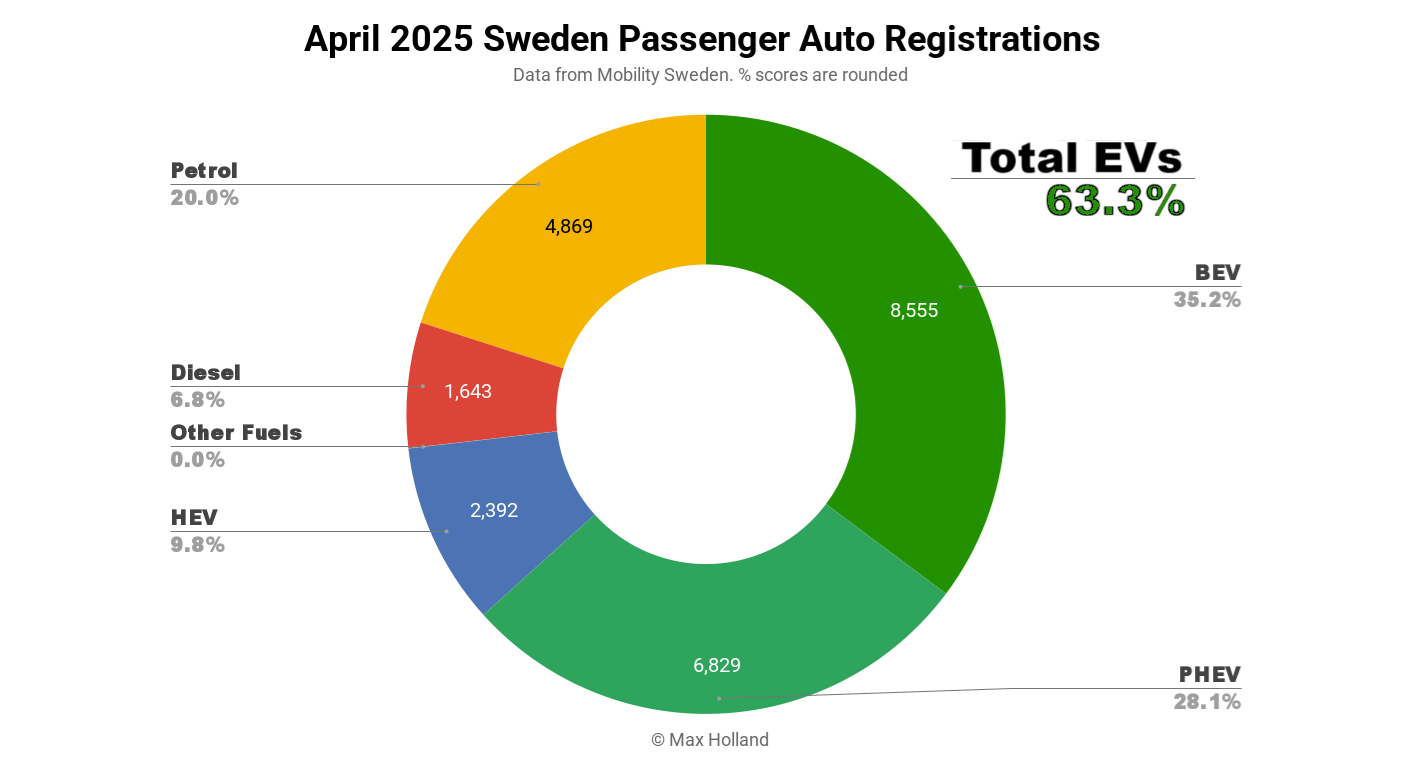Benchmark diesel price falls fourth straight week amid price war fears
The benchmark diesel price used for most fuel surcharges is down for the fourth week in a row. The post Benchmark diesel price falls fourth straight week amid price war fears appeared first on FreightWaves.

The benchmark diesel price used as the basis for most fuel surcharges fell Monday for the fourth consecutive week, as global oil markets are eyeing the possibility of a market share war that could overwhelm buyers with supplies looking for a home.
The Department of Energy/Energy Information Administration price of $3.497 a gallon, down 1.7 cents, is at its lowest level since just before Christmas 2024. Four weeks of declines have dropped the price by 14.2 cents during that period.
The DOE/EIA price is now released on Tuesdays, but its effective date is Monday, one day earlier.
The latest decline in the DOE/EIA benchmark number comes as the price of ultra low sulfur diesel on the CME commodity exchange has declined significantly in the past week. A settlement Monday of $1.9598 was the lowest since May 20, 2021, and marked a decline of 15.25 cents per gallon in just six trading days. However, some of that decline could also be attributed to the expiration of the May contract on April 30 and the June contract becoming the front month the following day. The market structure known as “backwardation” has prices for future delivery at a level less than current prices. But what is known as the rollover only accounted for a few cents of the decline in those six days.
Prices rose Tuesday. At approximately 11:30 a.m., ULSD on CME was up 5.42 cents a gallon to $2.0287.
But the biggest story in oil markets in the past week is clearly bearish. It is the decision by the OPEC+ group, and Saudi Arabia in particular, to go ahead with putting more production on to a market that has seen the global crude benchmark grade, Brent, decline to just more than $60 a barrel after being solidly above $70 as recently as early April.
As S&P Global Commodity Insights reported, the countries that are in the OPEC+ group that had voluntary production cuts in place agreed over the weekend to increase their individual quotas in June more than they had planned, “the second month in a row that they will accelerate easing their combined 2.2 million b/d of cuts,” SPGCI said in its reporting.
OPEC+ is a group of oil-exporting countries consisting of OPEC and several non-OPEC oil exporters nominally led by Russia. According to SPGCI, the OPEC communique on its decision cited “current healthy market fundamentals” as a reason for its increased output. It added that estimates of global inventories suggest they are tight for this time of year by historic standards.
According to SPGCI, the increase out of the eight countries that agreed to a quota increase is 411,000 barrels a day, effective in June.
With increases on the market from April and May, according to a report from Reuters, higher supplies are now 960,000 barrels per day out of a total cut of 2.2 million.
This report from Axios reflects a prevailing view among oil market observers: Saudi Arabia is determined to curry favor with President Donald Trump, and helping to push down oil prices can accomplish that goal even if that hurts its own finances.
But this report in The New York Times, quoting an analyst from the Energy Aspects research firm, gave another reason: The Saudis have reached the end of their patience with other nations in OPEC+ that are not observing their quota. A fight for market share will always benefit the kingdom and its lower costs of production.
Trump is scheduled to visit Saudi Arabia next week.
“The view from Saudi Arabia, in particular, is that they no longer want to be the ones carrying the heaviest burden if other countries in the group are not showing sufficient commitment to doing their part,” Richard Bronze, the head of geopolitics at Energy Aspects, said in the Times article.
More articles by John Kingston
Werner CEO Leathers confronts losses, outlines plans to bounce back
2 more charged in death of Louisiana staged truck accident witness
New decline on weak earnings delivers fresh pain to Wabash stock
The post Benchmark diesel price falls fourth straight week amid price war fears appeared first on FreightWaves.
























































































































































